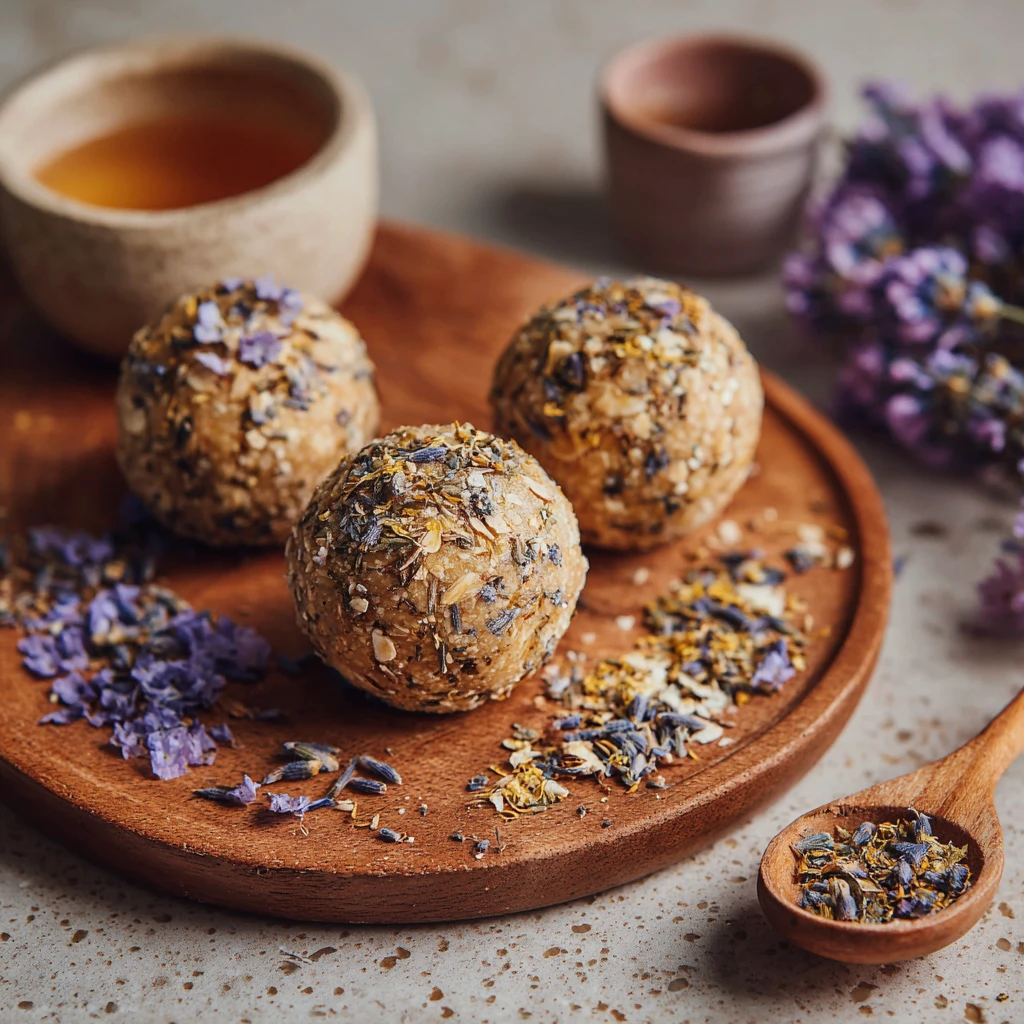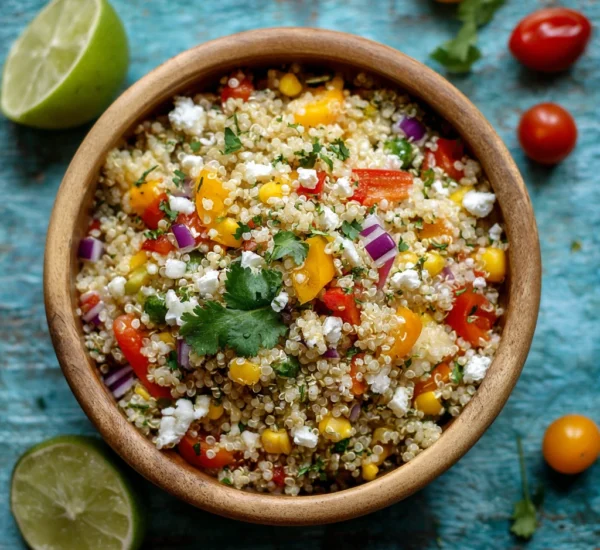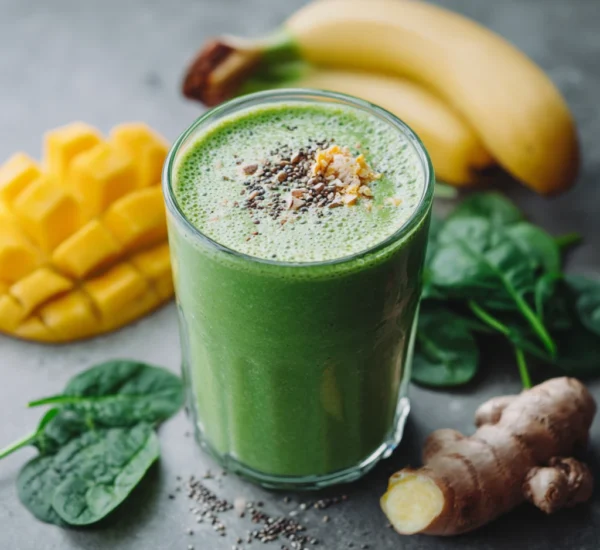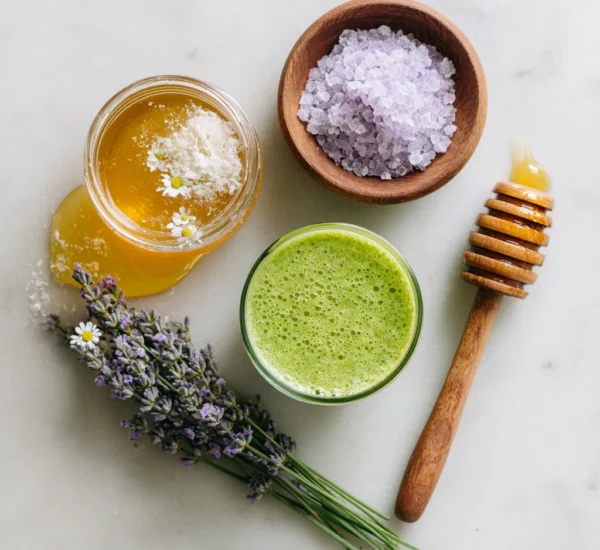How to Eat for Restful Nights: Your Guide to Better Sleep Through Diet
Getting a good night’s sleep is essential for overall health and well-being. While many factors contribute to sleep quality, your diet plays a significant role. What you eat, and when you eat it, can either promote or disrupt your sleep patterns. This guide will explore how to use nutrition to improve your sleep.
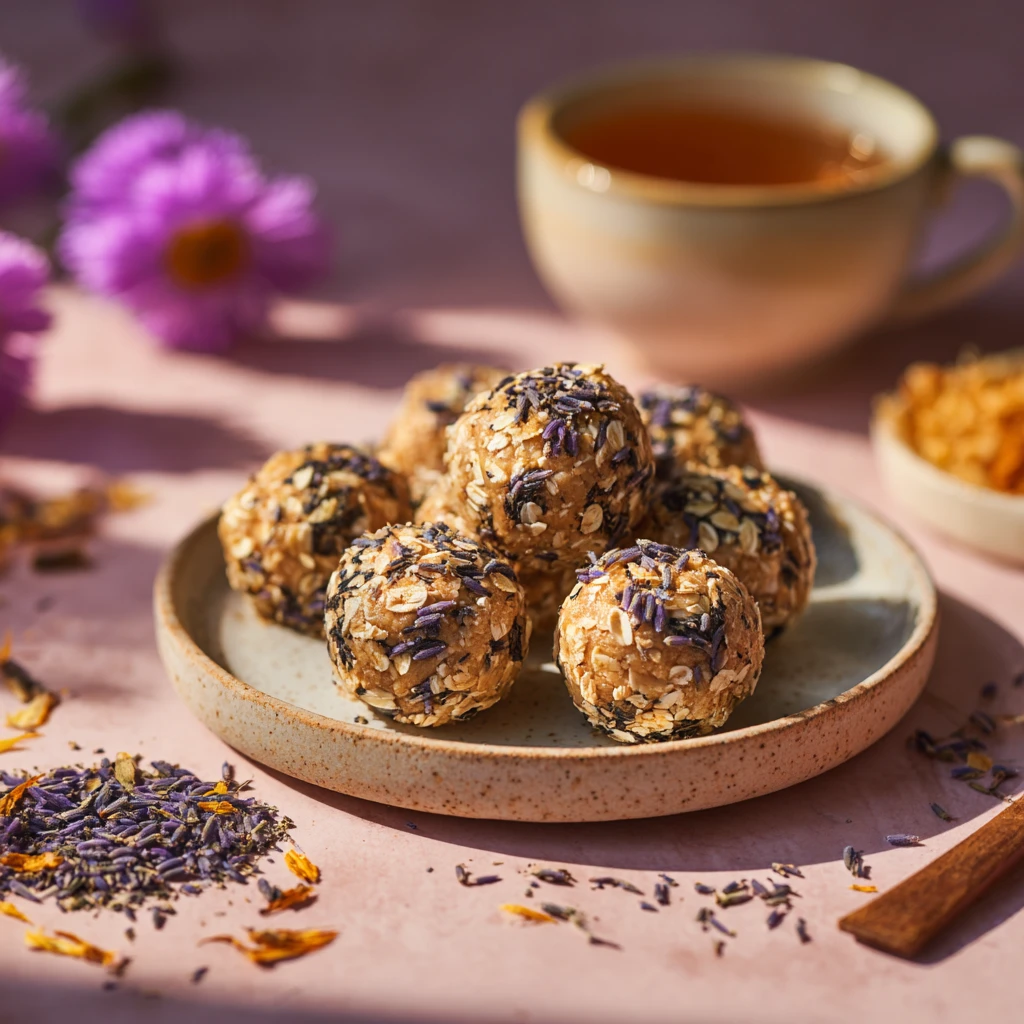
Understanding the Connection Between Food and Sleep
The relationship between food and sleep is complex, involving various hormones and neurotransmitters. Certain nutrients can influence the production of melatonin, the hormone that regulates sleep-wake cycles. Similarly, serotonin, a neurotransmitter associated with mood regulation, also plays a role in sleep.
- Melatonin: This hormone is directly involved in regulating your circadian rhythm. Certain foods can indirectly boost melatonin production.
- Serotonin: A precursor to melatonin, serotonin helps regulate mood and sleep. Foods rich in tryptophan, an amino acid used to produce serotonin, can be beneficial.
- Blood Sugar Levels: Stable blood sugar levels are crucial for uninterrupted sleep. Fluctuations can lead to awakenings during the night.
Furthermore, digestive comfort significantly impacts sleep. Eating large, heavy meals close to bedtime can lead to indigestion and discomfort, making it difficult to fall and stay asleep.
Foods That Promote Sleep
Incorporating sleep-promoting foods into your diet, particularly in the evening, can enhance your sleep quality. Focus on foods that are rich in tryptophan, magnesium, potassium, and complex carbohydrates.
- Tart Cherries: These are a natural source of melatonin. Studies have shown that consuming tart cherry juice can improve sleep duration and quality.
- Dairy Products: Milk, yogurt, and cheese contain tryptophan. A warm glass of milk before bed is a classic sleep remedy for a reason.
- Nuts and Seeds: Almonds, walnuts, pumpkin seeds, and flaxseeds are good sources of magnesium, which promotes muscle relaxation and sleep.
- Kiwi: This fruit is rich in antioxidants and serotonin, which may help improve sleep onset and duration.
- Oatmeal: A complex carbohydrate that provides a sustained release of energy, preventing blood sugar spikes and dips. It also contains melatonin.
- Chamomile Tea: This herbal tea has calming properties that can promote relaxation and prepare you for sleep.
- Fatty Fish: Salmon, tuna, and trout are rich in omega-3 fatty acids and vitamin D, both of which have been linked to improved sleep.
- Bananas: A good source of potassium and magnesium, which can help relax muscles and promote sleep.
- Honey: A small amount of honey can help increase insulin levels, which allows tryptophan to more easily enter the brain.
Prioritize these foods in your evening meals and snacks to encourage a more restful night.
Foods to Avoid Before Bed
Certain foods and beverages can interfere with your sleep. It’s essential to avoid these, especially in the hours leading up to bedtime.
- Caffeine: Coffee, tea, energy drinks, and even chocolate contain caffeine, a stimulant that can keep you awake. Avoid consuming caffeine at least 4-6 hours before bedtime.
- Alcohol: While alcohol might initially make you feel sleepy, it can disrupt your sleep cycle later in the night, leading to fragmented and poor-quality sleep.
- Spicy Foods: These can cause heartburn and indigestion, making it difficult to fall asleep and stay asleep.
- High-Fat Foods: Fatty foods take longer to digest, which can lead to discomfort and disrupt sleep.
- Sugary Foods: Sugary snacks and drinks can cause blood sugar spikes and crashes, leading to awakenings during the night.
- Large Meals: Eating a large meal close to bedtime can put a strain on your digestive system and make it difficult to fall asleep.
- Processed Foods: These often contain hidden sugars, unhealthy fats, and artificial additives that can disrupt sleep.
Choose lighter, easily digestible options for your evening meals and snacks to avoid these potential sleep disruptors.
Establishing a Sleep-Promoting Meal Schedule
In addition to choosing the right foods, establishing a consistent meal schedule can further improve your sleep. Try to eat meals at regular times each day and avoid skipping meals.
- Breakfast: Start your day with a nutritious breakfast to regulate your circadian rhythm and stabilize blood sugar levels.
- Lunch: A balanced lunch will provide sustained energy throughout the afternoon, preventing afternoon crashes that might lead to overeating later in the day.
- Dinner: Aim to eat dinner at least 2-3 hours before bedtime. This allows your body enough time to digest the food before you lie down. Make dinner your lightest meal of the day.
- Evening Snack (Optional): If you're hungry before bed, choose a small, sleep-promoting snack, such as a handful of almonds or a small bowl of oatmeal.
- Hydration: Stay hydrated throughout the day, but limit fluids in the evening to reduce nighttime awakenings to use the restroom.
Consistency is key when it comes to meal schedules. By eating at regular times each day, you can help regulate your body’s natural sleep-wake cycle.
Lifestyle Factors Complementing Diet for Better Sleep
While diet is crucial, it’s just one piece of the puzzle. Combining a sleep-friendly diet with other healthy lifestyle habits can significantly improve your sleep quality.
- Regular Exercise: Regular physical activity can promote better sleep, but avoid intense workouts close to bedtime.
- Consistent Sleep Schedule: Go to bed and wake up at the same time each day, even on weekends, to regulate your circadian rhythm.
- Relaxing Bedtime Routine: Create a calming bedtime routine to help you unwind before sleep. This might include taking a warm bath, reading a book, or practicing meditation.
- Optimize Your Sleep Environment: Make sure your bedroom is dark, quiet, and cool. Use blackout curtains, earplugs, or a white noise machine if necessary.
- Limit Screen Time: Avoid using electronic devices in the hour before bed, as the blue light emitted from screens can interfere with melatonin production.
- Manage Stress: Practice stress-reducing techniques, such as yoga, meditation, or deep breathing exercises.
- Sunlight Exposure: Get regular exposure to sunlight during the day to help regulate your circadian rhythm.
By combining a healthy diet with these lifestyle factors, you can create a comprehensive approach to improving your sleep and overall well-being.
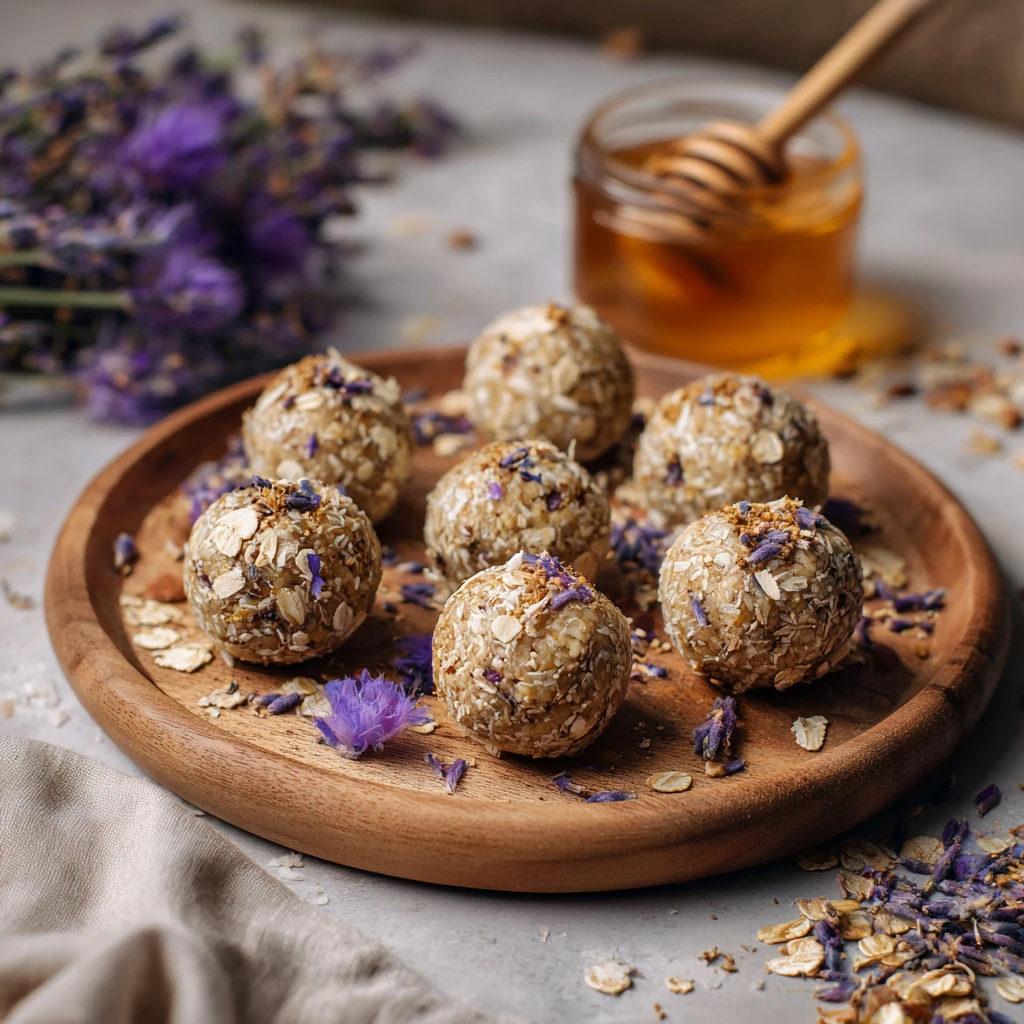
Frequently Asked Questions (FAQ)
Q: Can drinking warm milk really help me sleep?
A: Yes, warm milk contains tryptophan, an amino acid that can promote relaxation and sleep. It also has a psychological effect, reminding many people of childhood comfort.
Q: How long before bed should I stop eating?
A: Ideally, you should stop eating at least 2-3 hours before bedtime to allow your body to digest the food properly.
Q: Is it okay to have a snack before bed if I'm hungry?
A: Yes, it’s okay to have a small, sleep-promoting snack, such as a handful of almonds or a small bowl of oatmeal. Avoid sugary or high-fat snacks.
Q: Can certain vitamin deficiencies affect my sleep?
A: Yes, deficiencies in vitamins such as D and B12 can sometimes affect sleep. It’s best to consult with a doctor to check your vitamin levels if you suspect a deficiency.
Q: What are some good herbal teas for sleep besides chamomile?
A: Other good herbal teas for sleep include valerian root tea, lavender tea, and passionflower tea.
Q: How does exercise affect my sleep?
A: Regular exercise can improve sleep quality, but avoid intense workouts close to bedtime. Aim to exercise earlier in the day.
Q: Can dehydration affect my sleep?
A: Yes, dehydration can lead to muscle cramps and headaches, which can disrupt sleep. Stay hydrated throughout the day, but limit fluids in the evening to reduce nighttime awakenings.
Q: Are there any specific foods that can help with insomnia?
A: Foods rich in tryptophan, magnesium, and melatonin, such as tart cherries, kiwi, and nuts, may help with insomnia. However, it’s essential to address the underlying causes of insomnia with a doctor.
Q: Can my gut health affect my sleep?
A: Yes, there is a connection between gut health and sleep. A healthy gut microbiome can improve the production of serotonin, which plays a role in sleep regulation. Consider incorporating probiotics and fiber-rich foods into your diet to support gut health.
Q: Should I avoid drinking water before bed?
A: You don’t need to completely avoid drinking water, but limit your intake in the hour or two before bed to minimize nighttime awakenings to use the restroom.
